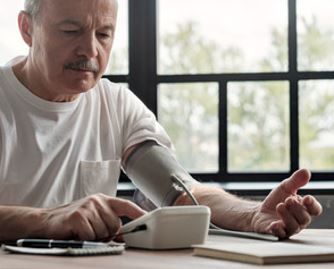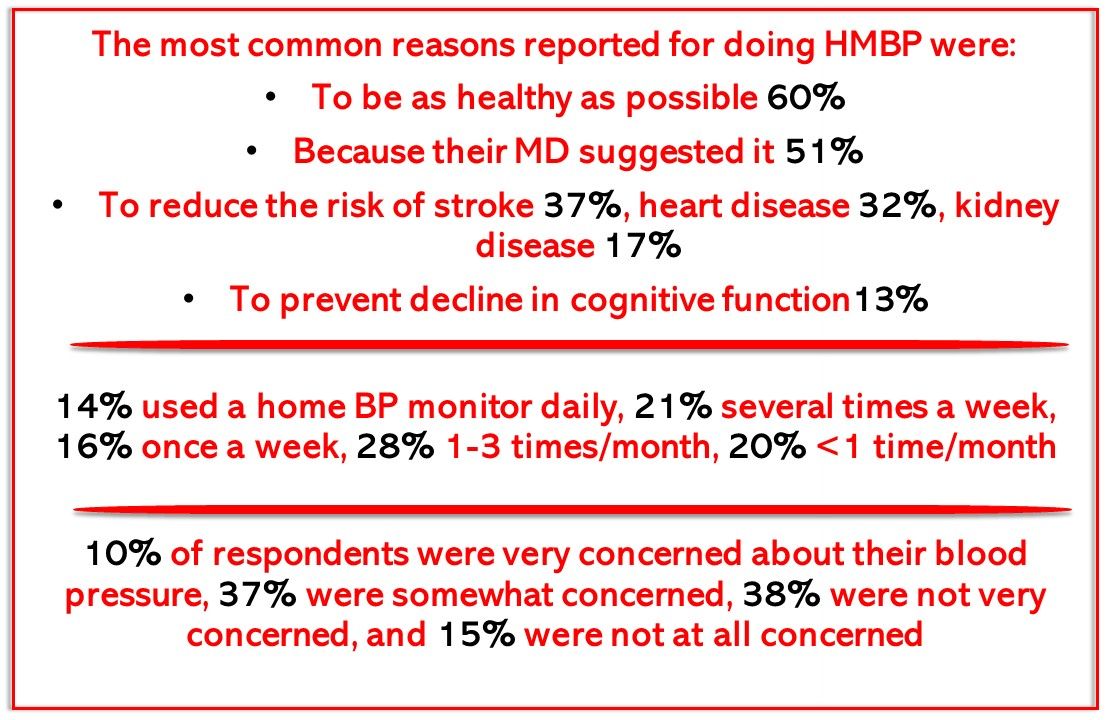- Clinical Technology
- Adult Immunization
- Hepatology
- Pediatric Immunization
- Screening
- Psychiatry
- Allergy
- Women's Health
- Cardiology
- Pediatrics
- Dermatology
- Endocrinology
- Pain Management
- Gastroenterology
- Infectious Disease
- Obesity Medicine
- Rheumatology
- Nephrology
- Neurology
- Pulmonology
Less than Half of Vulnerable Older Adults Monitor BP at Home
A survey of adults aged 50-80 years with hypertension and/ or related comorbidities found even among those with a BP monitor at home, less than 50% checked BP at least once a week.
©Victor Koldunov/stock.adobe.com

Less than half of at-risk older adults regularly check their blood pressure (BP) at home or in other places outside the health care system, according to an October 2021 report released by the University of Michigan National Poll on Healthy Aging.
The online survey of 2023 adults aged 50 to 80 years was conducted in January 2021 and the current report focused on the 60% of respondents who reported either having ≥1 BP-related health conditions, including stroke, coronary heart disease, congestive heart failure, diabetes, chronic kidney disease, or hypertension, or said they were taking an antihypertensive medication.
The survey found that 62% of this high-risk group had been instructed by a health care provider to periodically check their BP outside of a health care setting but less than half (48%) report regularly monitoring their BP.
Nearly three-quarters (74%) of the respondents reported having a home blood pressure monitor but less than half said they checked their BP at least once a week; nearly 1 in 5 reported never using the monitor.
Older respondents (aged 65-80 yrs) were more likely than younger ones (50-64 yrs) to do home monitoring of BP—52% vs 45%.
Of respondents who did report regular home monitoring of BP (HMBP) only half shared the readings with a health care provider. The majority (88%) of those who did share readings with a clinician said they received feedback on their report.
"This poll shows that we have more work to do to encourage older adults with certain chronic health conditions to monitor their blood pressure," said Alison Bryant, PhD, of the American Association of Retired Persons, in a statement. "We know that the risk of high blood pressure increases with age, so this is an important topic for older adults to discuss with a health provider."
Other findings from the National Poll on Healthy Aging

